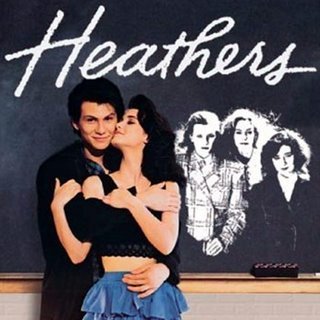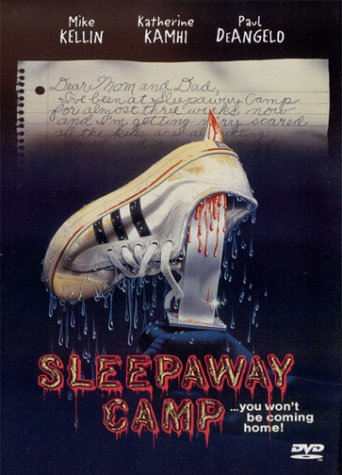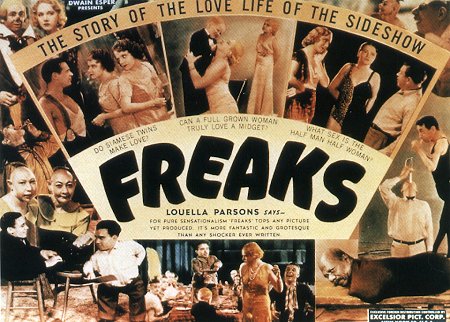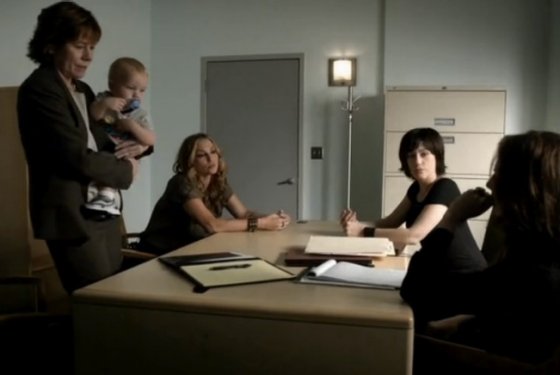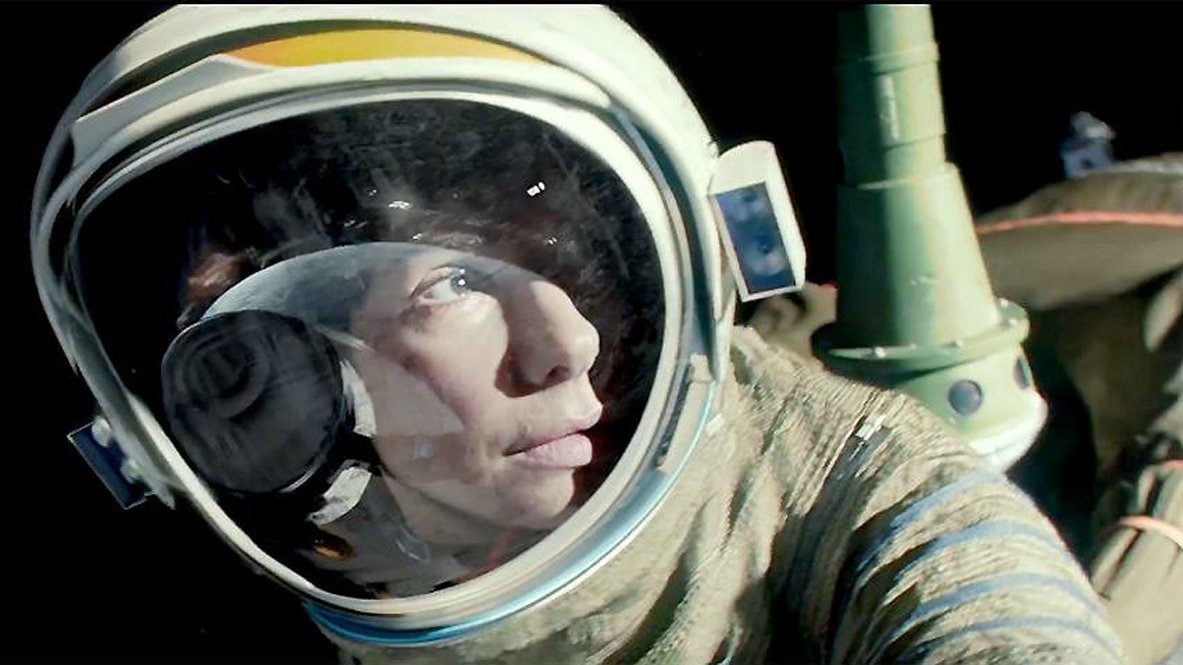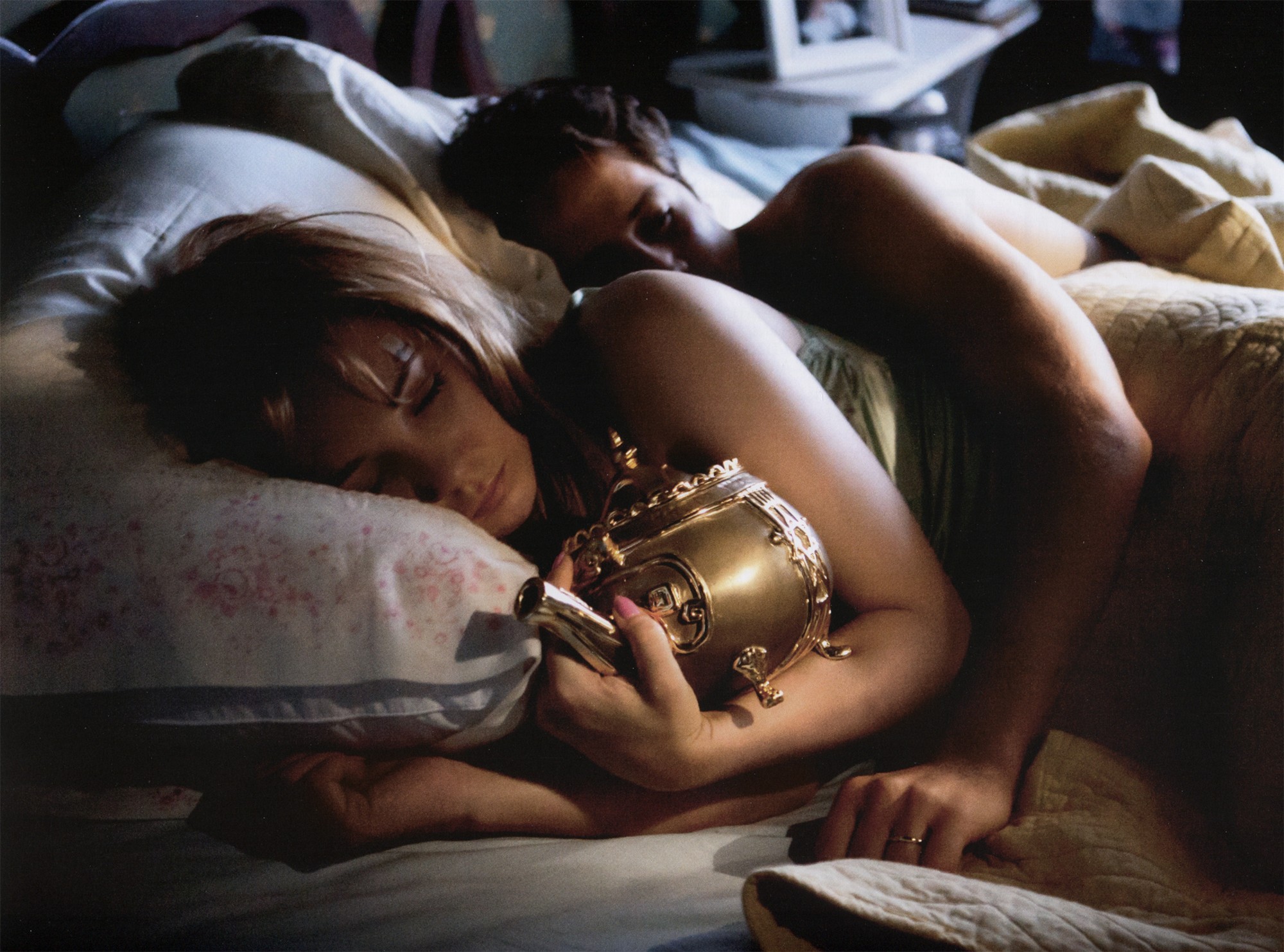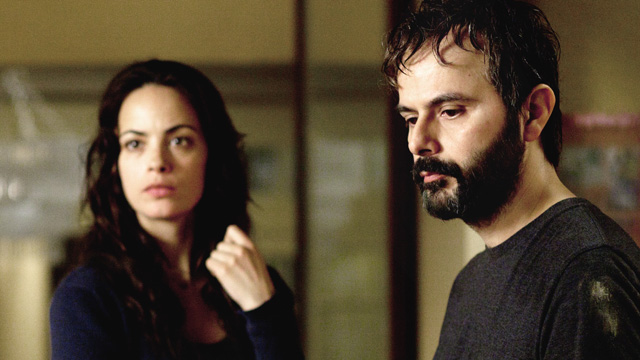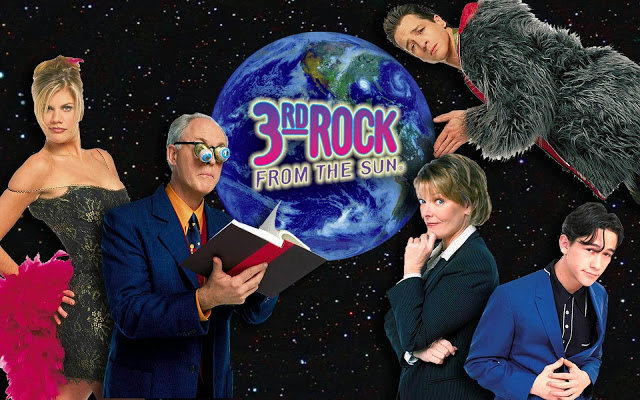Veronica Decides Not To Die – ‘Heathers’: The Proto-‘Mean Girls’
Indeed, the social structure of Westerburg High School is unsettling to say the least. Teens there would rather commit actual suicide than “social suicide.” Their alienation from both reality and ethical values is mirrored not only in J.D., Veronica and the Heathers, but also in the rest of the students. Peer pressure and the dream of popularity result in the “Westerburg suicides,” causing a downright suicide craze. Their supposed actions gave the popular kids depth and humanity and made them more popular than ever. When an unpopular girl attempts to kill herself, the new Heather in charge asserts, “Just another case of a geek trying to imitate the popular people of the school and failing miserably.”
